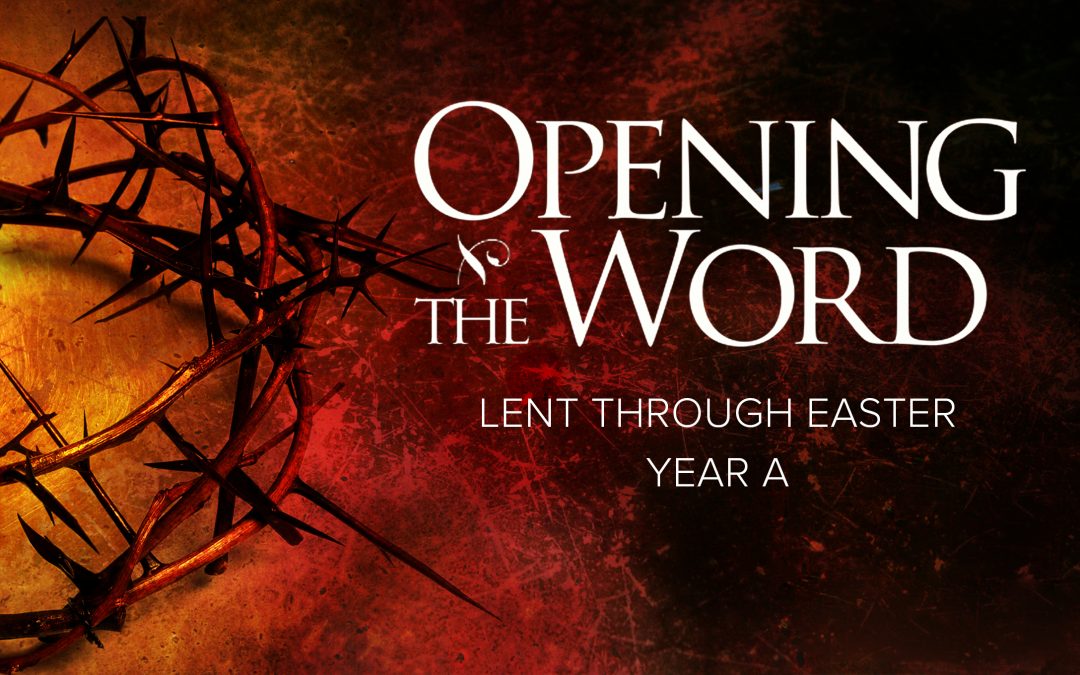by Lucas Pollice
The Period of Purification and Enlightenment in RCIA presents many challenges for the parish leader. One big challenge that faces us in this period is the catechetical aspect. When we do a closer examination of what the Church calls for in this period, we find that not only does Purification and Enlightenment bring about a major catechetical shift from the kind of catechesis presented in the catechumenate, but that catechesis also plays a pivotal role in bringing the elect and candidates into a much more intense knowledge of and deeper relationship with Christ.
Our first clue of this catechetical shift is in the Rite itself, which tells us that Purification and Enlightenment is, “a period of more intense spiritual preparation, consisting more in interior reflection than in catechetical instruction to purify the minds and hearts of the elect as they search their consciences and do penance” (139). We see here that the complete and systematic catechetical instruction that we had been doing in the catechumenate should have already been completed by the time of the Rite of Election. Now, catechesis shifts in its focus — to purify the minds and hearts of the elect and facilitate a time of penance and purification. In other words, to help them come to a real understanding of their sinfulness and their need for ongoing conversion and repentance.
However, this is only half of the picture of the kind of catechesis we should be doing in this period. The rite goes on to say, “This period is intended as well to enlighten the minds and hearts of the elect with a deeper knowledge of Christ the Savior” (139). Now we have the complete picture of what the Church is asking us to do in our catechesis in this period. On the one hand, the elect are called to intense purification — to come to grips with their sin and their desperate need of salvation and grace. At the same time, their minds are to be enlightened with a deep and personal knowledge and intimacy with Christ who is their Savior.
The Church provides our content for catechesis in the Year A Cycle of Lenten readings — the one time in the Liturgical Year when the Church actually set up the lectionary with a particular catechetical pedagogy in mind — to bring the elect into this deeper knowledge of Christ the Savior. Each Sunday’s Gospel reading presents a particular aspect of Christ and his saving mission from which we can take a number of catechetical themes to present as we lead the elect through a prayerful catechesis.
This is why Opening the Word is such a great resource on FORMED to use in the RCIA for the Period of Purification and Enlightenment. You can use Opening the Word in your RCIA sessions to open up each of the Gospel readings for the elect and candidates and then use the Prayer Journals to guide them through a prayerful reflection on the Gospel reading in small groups. The Prayer and Resolution section can then be done individually at the end of the session, perhaps in the chapel, or maybe in the context of a short time of Eucharistic Adoration. The elect and candidates can then continue to mediate on the readings each day of the week in their Prayer Journals to make the Gospel reading really become a part of their daily lives.
Another great resource to recommend on FORMED is Lectio: Prayer that introduces the power of praying with Scripture through Lectio Divina. Whether you do this study together as a group or encourage individuals to study on their own, this provides a great way to introduce your elect and candidates to this rich tradition of prayer and help them to grow closer to Christ during the season of Lent.



Is there any way that I can access ‘Opening the Word’ from previous Sundays. I would really like to access the last 2 Sundays and their guides.
Yes! If you go to the Programs page, you’ll see the whole year of Opening the Word videos on the fourth stripe, divided up by Liturgical Season. Here’s the Lent videos: https://formed.org/course/581280d490e3652419f412ff
How do i get in to the programs
inparticular opening the word
Hi Deacon Larry,
When you’re logged in to FORMED, hover over the “study” tab at the top of the page, then click “Faith Formation.” You’ll see the second stripe, titled Opening the Word, broken up by liturgical season.